People have been dependent on farming since the beginning of creation. The population, which was 1 billion in 1800, increased to about 7.5 billion in 2021. Ensuring food security for this ever-growing population with limited resources is currently a big challenge.

Hence, farming practices have become more intensified to maximize crop yields. Farmers use fertilizers and pesticides are on crops. This is the Conventional Farming technique.
But, farming practices are transforming. Apart from conventional farming, organic farming is a well-known technique now.
What is organic farming?
In a word, organic farming is the use of natural alternatives instead of chemical fertilizers, herbicides, pesticides, or feed additives for livestock. Do you know how farming was about 1000 years ago without modern technology?
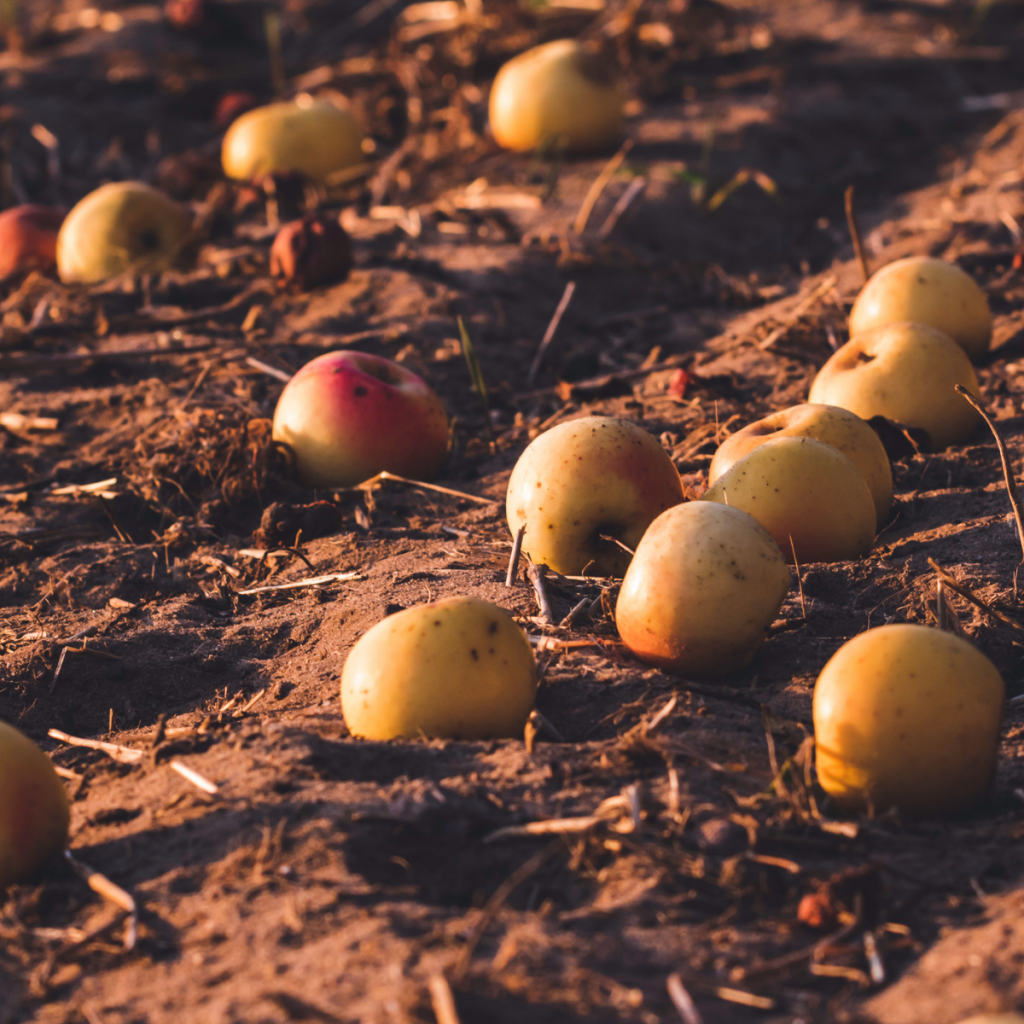
Cultivation was then dependent on nature. There were no advanced technologies or chemical interventions then. Natural fertilizers were the only hope.
Does organic farming mean going back to ancient farming methods?
Obviously, not!
It is a misconception that organic farmers can’t use any pesticides. Of course, they can! Because without it, the crop yield will be too low to sustain the farm.
Types of organic farms
Organic farming focuses on biodiversity and sustainability. Also, it produces healthier products. It has two types-
- Integrated Organic Farming that combines pest control and nutrients management to balance ecology and economy.
- Pure Organic Farming where farmers use no pesticides, herbicides, or chemical fertilizers.
Principles of organic farming
As the quality of soil increases, the nutritional value of the crop remains good. Therefore, “Feeding the soil not the plant” is the basis of organic farming.
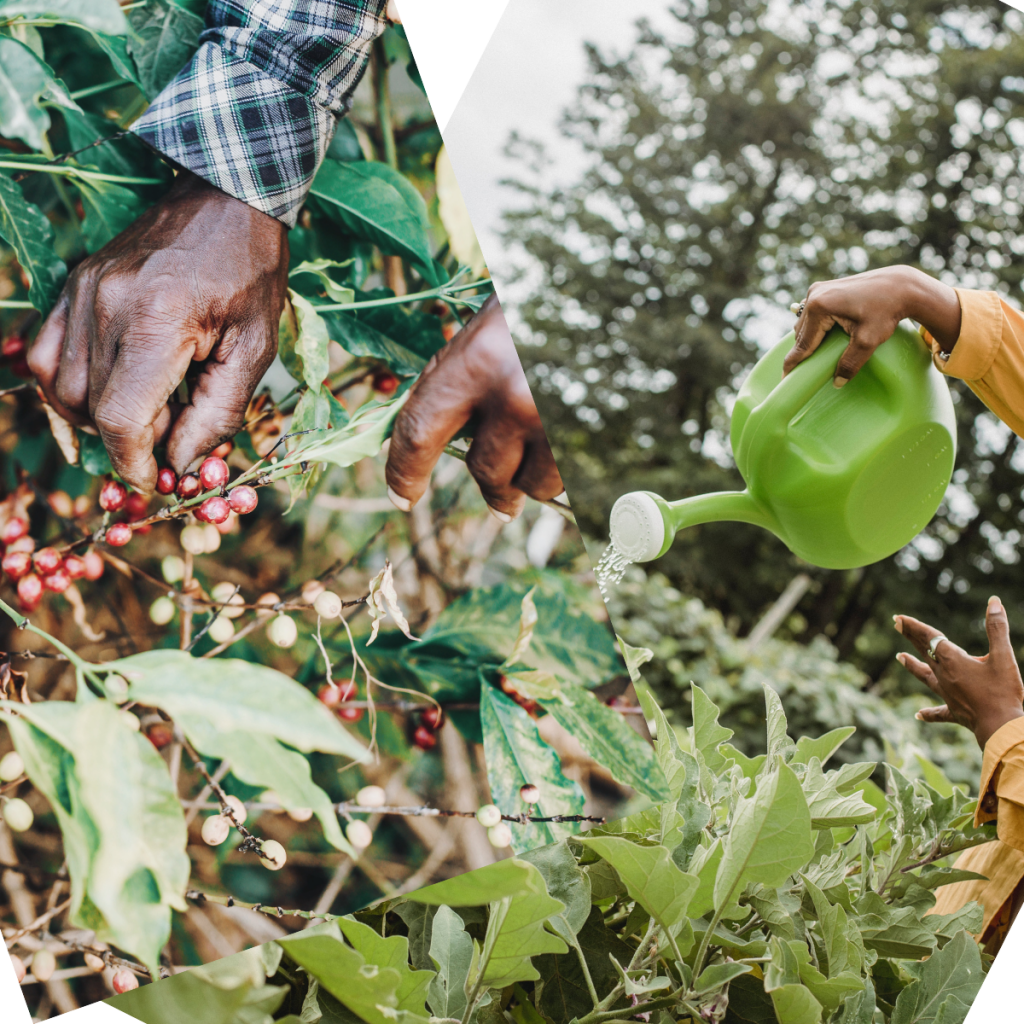
Organic farmers use more natural alternatives. Let’s look into them!
- Instead of fertilizers, manure is used.
- Weeding is the preferred technique instead of using herbicides.
- Crop rotation is used to improve soil structure and make the land more fertile.
Do you know what crop rotation is?
Crop rotation is the practice of growing different crops in the same area sequentially. It prevents the spread of crop disease, resulting in eventual crop failure. It helps reduce insect infestations as well as maintain nutritional balance.
Let’s make it simple!
Water, sunlight, carbon dioxide, and nitrogen are the most essential for plant growth. They can only absorb nitrogen as nitrate from the soil. That’s why, after a few crop cycles, nitrate deficiency occurs in the soil. To prevent this, farmers grow leguminous plants like grams, peas, beans, etc to maintain soil nutrients.
Leguminous plants and nitrogen fixation
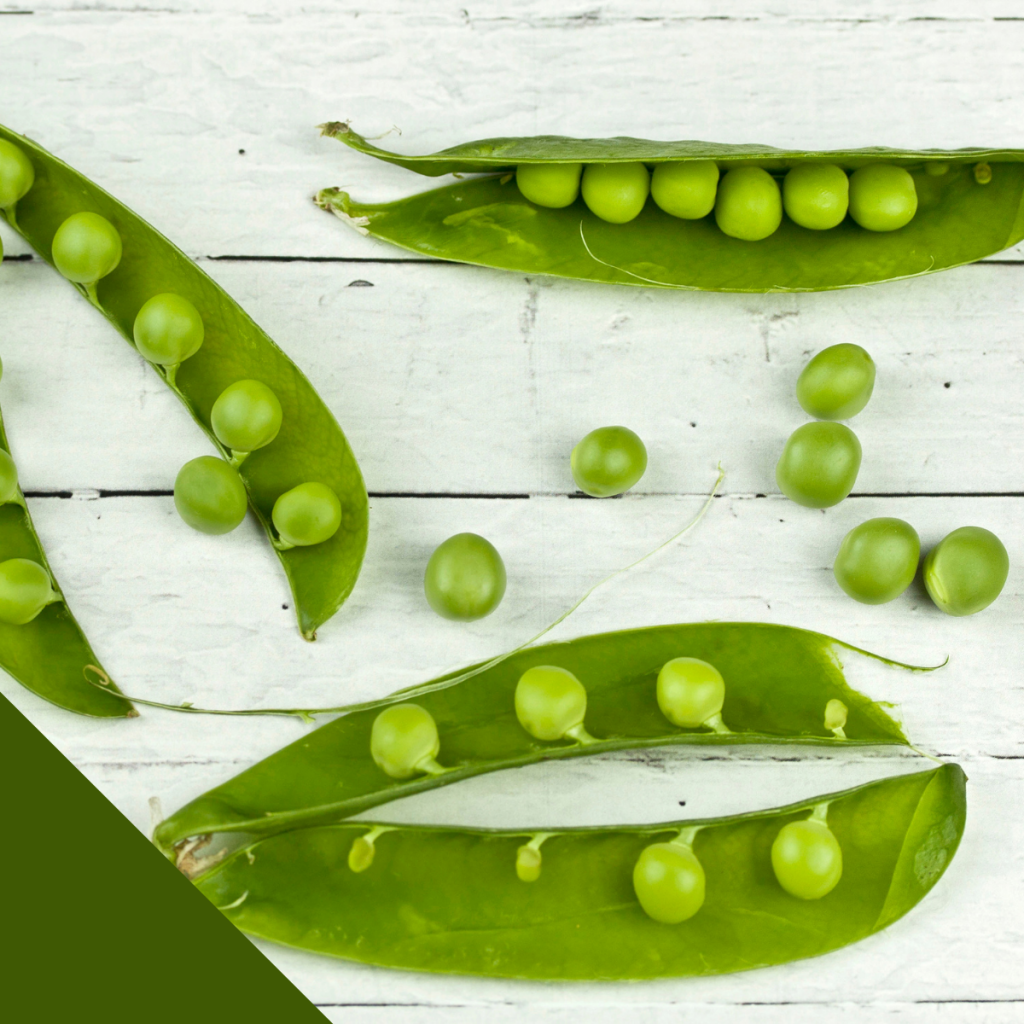
Leguminous plants have bacteria called Rhizobium living within the roots, which convert gaseous nitrogen to nitrate in the soil. This process is nitrogen fixation. That makes the soil more fertile. So, farmers rotate legumes with other crops.
Is organic farming the right option?
Organic farming is an alternative to conventional farming to overcome the effect of climate change. But is it a sustainable alternative?
Again, the debate continues!!
Let’s consider the advantages first.
Helps to maintain environmental health.
In conventional farming practices, the soil, water, and air are contaminated with harmful chemical fertilizers. It eventually damages the ecological balance.
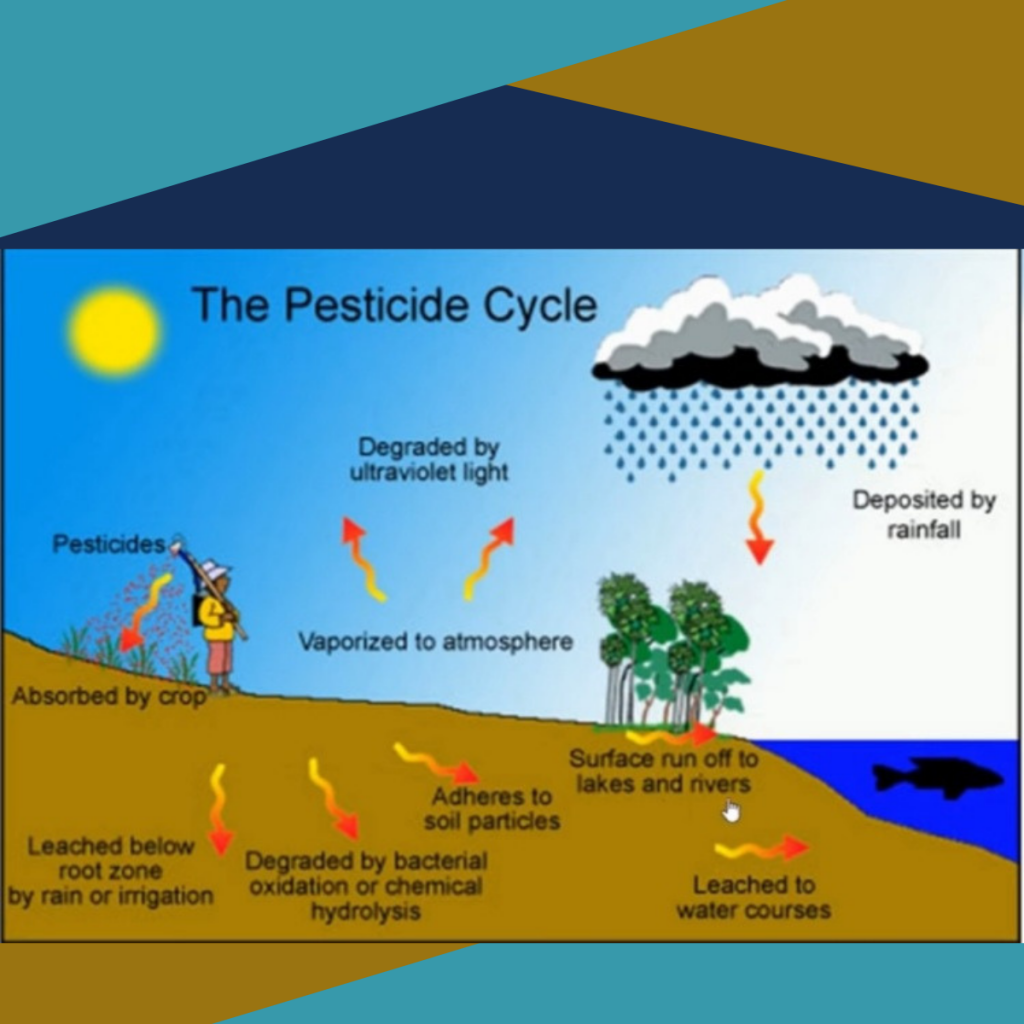
Organic farming techniques don’t use harmful chemical interventions. Therefore, it is more environmentally friendly.
- Additional chemical fertilizers in the soil result in soil erosion. But organic farmers use natural fertilizers. Thus it improves the soil’s physical and nutrient properties.
- Leach no toxic chemicals into waterways. Thus, it reduces water pollution.
- Release 40% fewer carbon emissions. It also has a smaller carbon footprint, conserves the ecosystem.
- Fossil energy is required to produce chemical fertilizers that affect global warming. But organic farming uses 45% less energy than conventional methods.
Preserves biodiversity.
Pesticides reduce biodiversity. Chemically contaminated water is harmful to aquatic lives. Excessive use of pesticides often destroys the beneficial pests of the crop.

Organic farming conserves biodiversity better than conventional ways, as fewer chemicals are used. There are more insects in the area as harmful pesticides haven’t been used. Biodiversity benefits the food chain across all levels, from plants to carnivorous animals.
Also, the pollination of crops is easier. Organic farmers don’t use detrimental chemicals for pest control. There will be more insects around. Hence, pollination is efficient.
Reduces human health hazards.
When there are excess pesticides in grain production, the rest enters the human body with consumption. That increases health risks in the long run.
Organic foods are having better nutrition values as no harmful chemical residue can enter the food chain. Organic foods contain a higher level of
- Vitamin C
- Iron
- Phosphorus
- Magnesium
- Antioxidant
Molecules that protect cells from undergoing damage because of oxidation are known as antioxidants. It helps to prevent the growth of cancer cells inside the body.
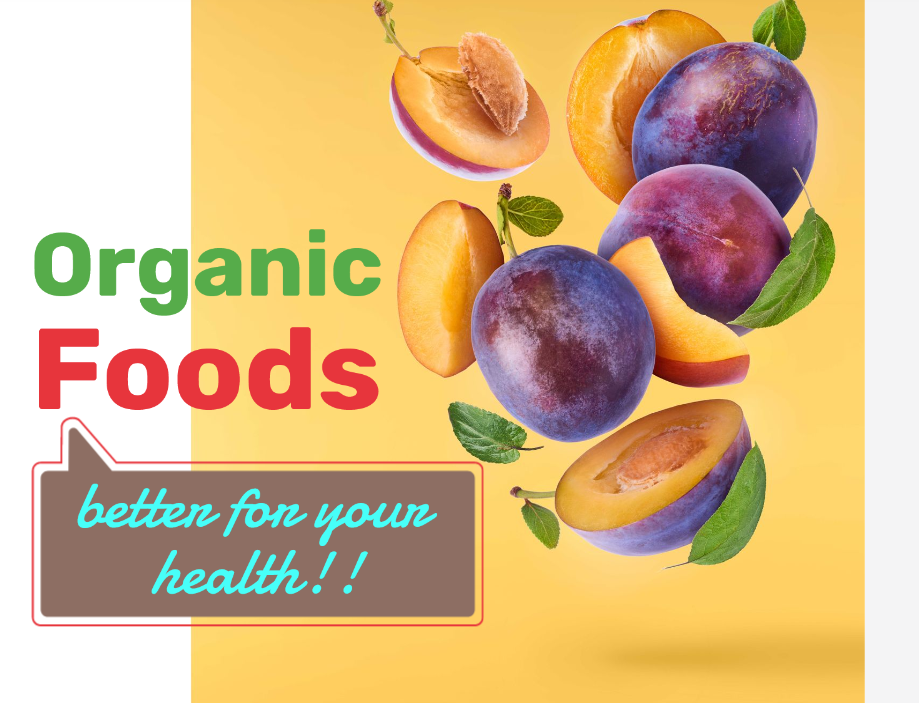
The criteria you have to cross check before buying organic foods are-
- Not genetically modified.
- No artificial pesticides and herbicides are used.
- Antibiotics and growth hormones aren’t applied.
- No harmful chemical additives are present in the food.
- No radiation is used to sterilize and preserve the food.
So, organic foods are healthier for humans. Also, organic foods may taste better than conventional foods.
Good for farmers.
Organic farming techniques are time-consuming and labor intuitive. But farmers can earn almost double or triple profit from organic food products, as consumers believe organic foods are healthier.
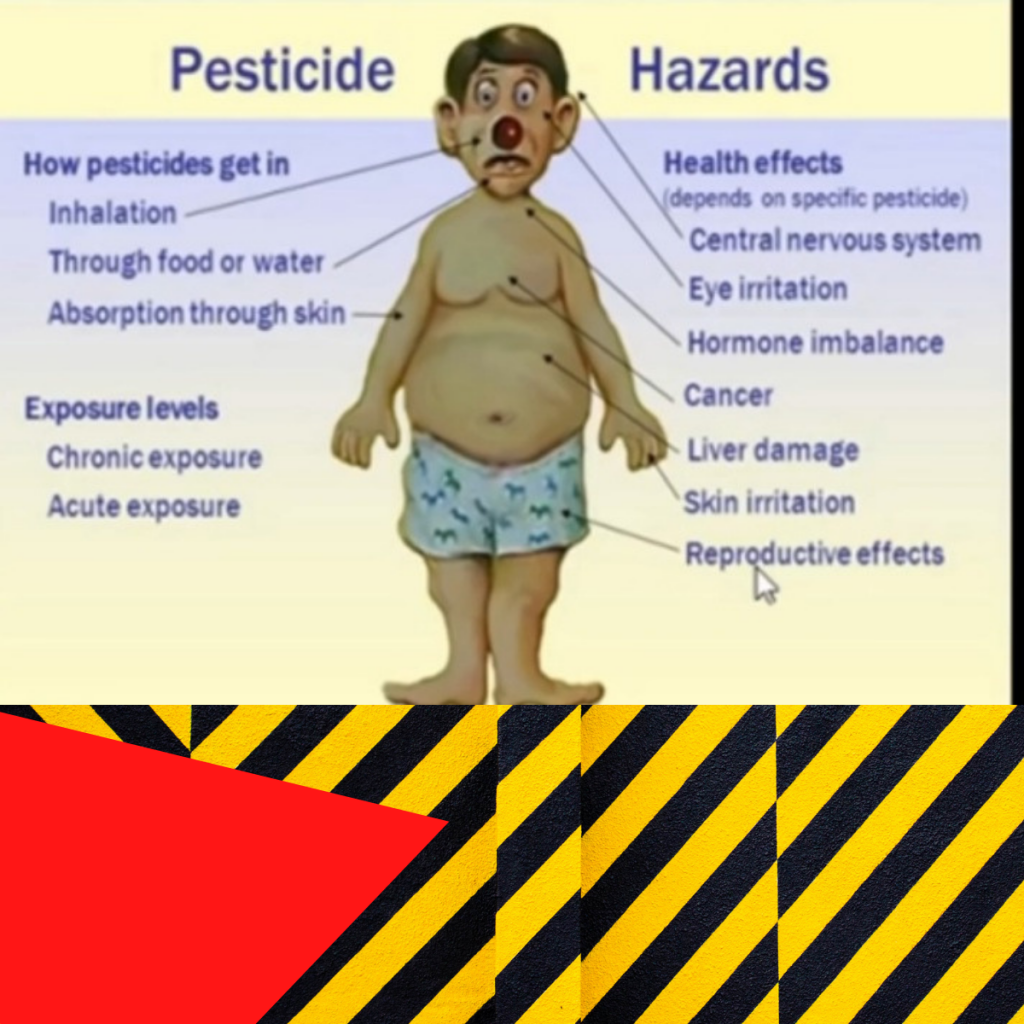
Conventional farming involves excessive use of chemical interventions. Farmers may be exposed to harmful chemicals that can cause deadly diseases in the long run. Organic farmers don’t have to face such adverse effects as they do not use health-damaging chemicals.
Looks great?
But why does organic farming account for only 1% of agricultural land worldwide?
Strange!!
Let’s look into the disadvantages.
Lower crop yields.
Organic farming encourages cultivation with natural methods without the use of harmful chemical fertilizers. But it is impossible to control the damaging pests using natural methods only. As a result, researches have shown that the amount of food produced from organic grains in the same amount of land is 20% less than traditional techniques.
Too expensive to buy.
Organic farming is more expensive than traditional farming to get the equipment and fulfill regulatory standards. Hence, there is extra cost to the price of the organic product. Statistics have shown that organic food products cost approximately 40% higher than conventional ones.
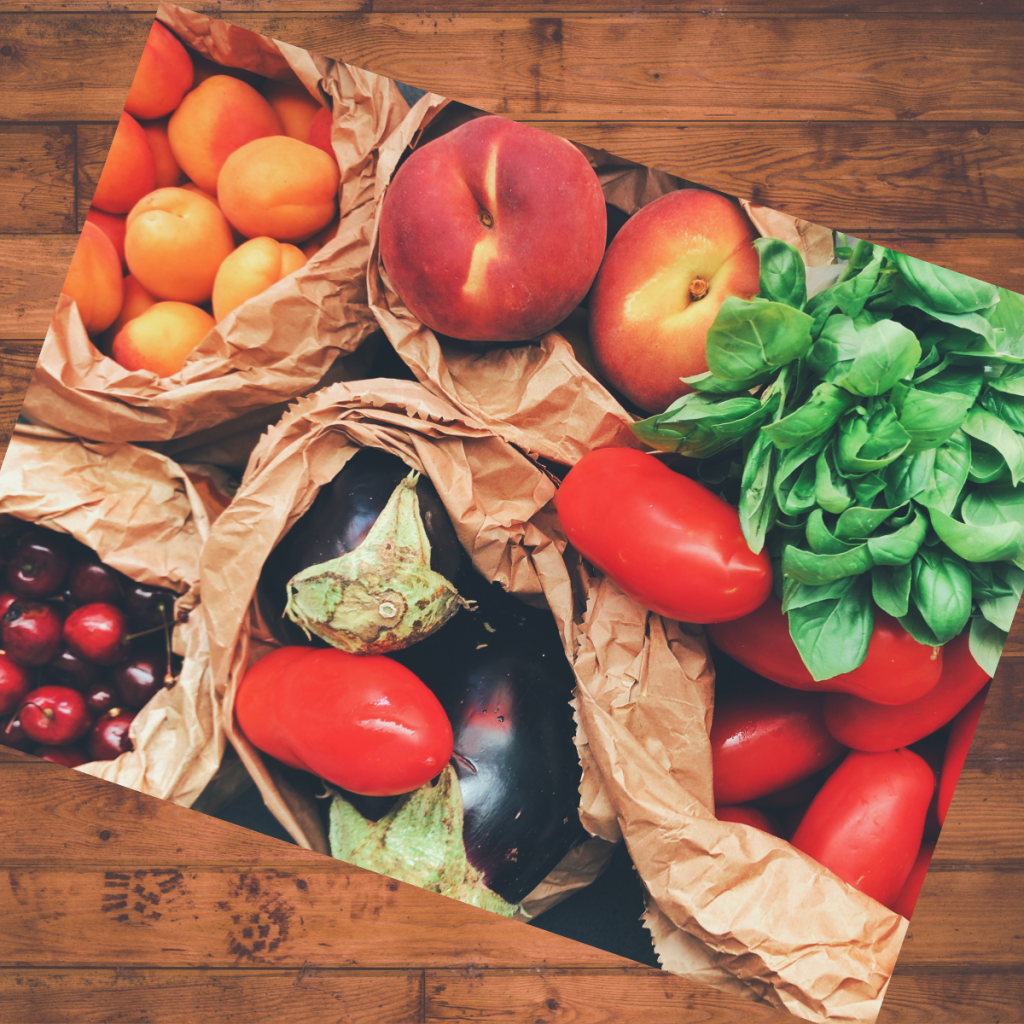
Poor people cannot afford it. For them, organic products are nothing but luxury!
Not suitable for large scale cultivation.
Scientists have discovered that if everybody switched to organic farming, we could only support half of earth’s current population.
Organic farming requires more land, investments, equipment, and labor. A study in the UK found that a liter of organic milk requires 80% more land than conventional milk to produce.
Well, this requires a vast amount of land. The world population is increasing day by day. But the area of agricultural land is fixed. So, where will the surplus land come from?
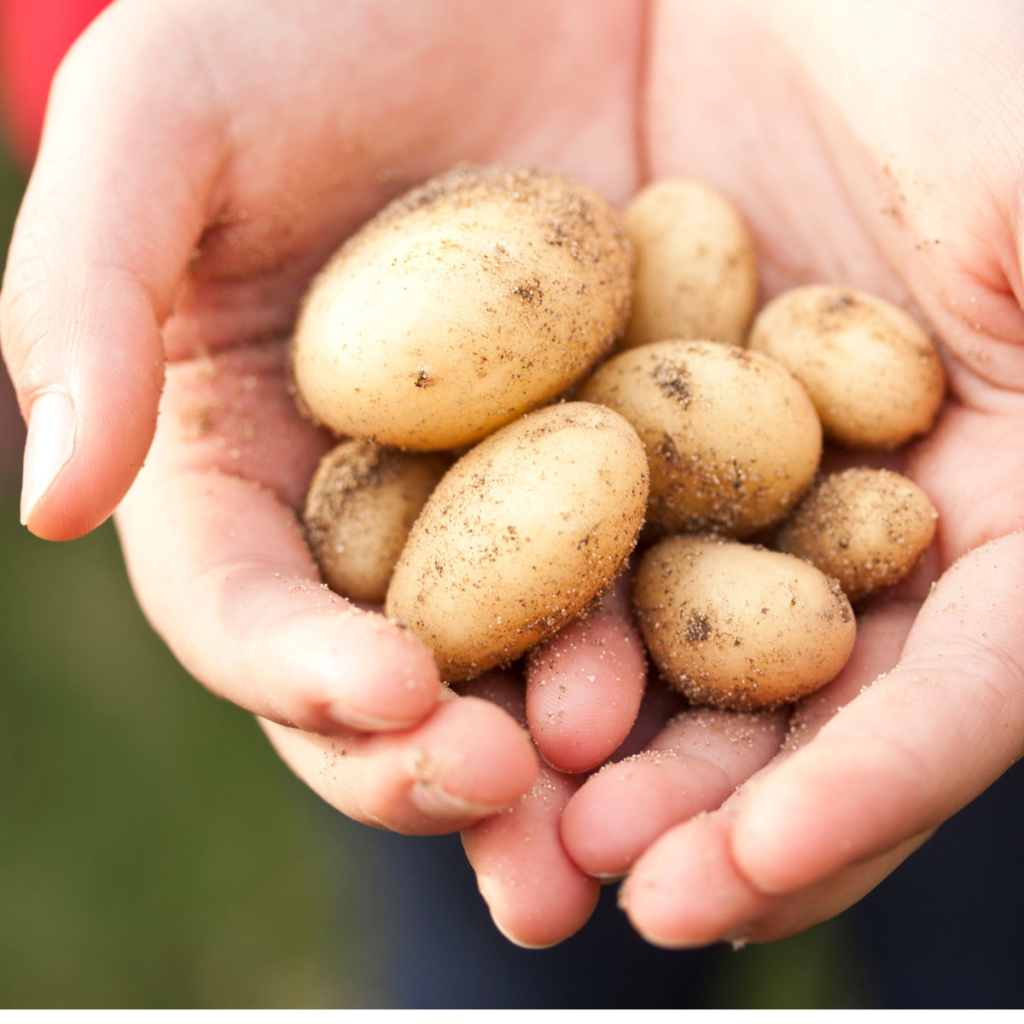
The predicted world population in 2050 is nearly 9 billion. So, we should focus on maximizing crop yields to feed the ever-growing population.
Yes, organic farming replenishes the natural ecosystem and is good for the human body. But, it can’t meet the food demand of the world’s enormous population.
Therefore, organic farming can’t be a suitable alternative to conventional farming.
























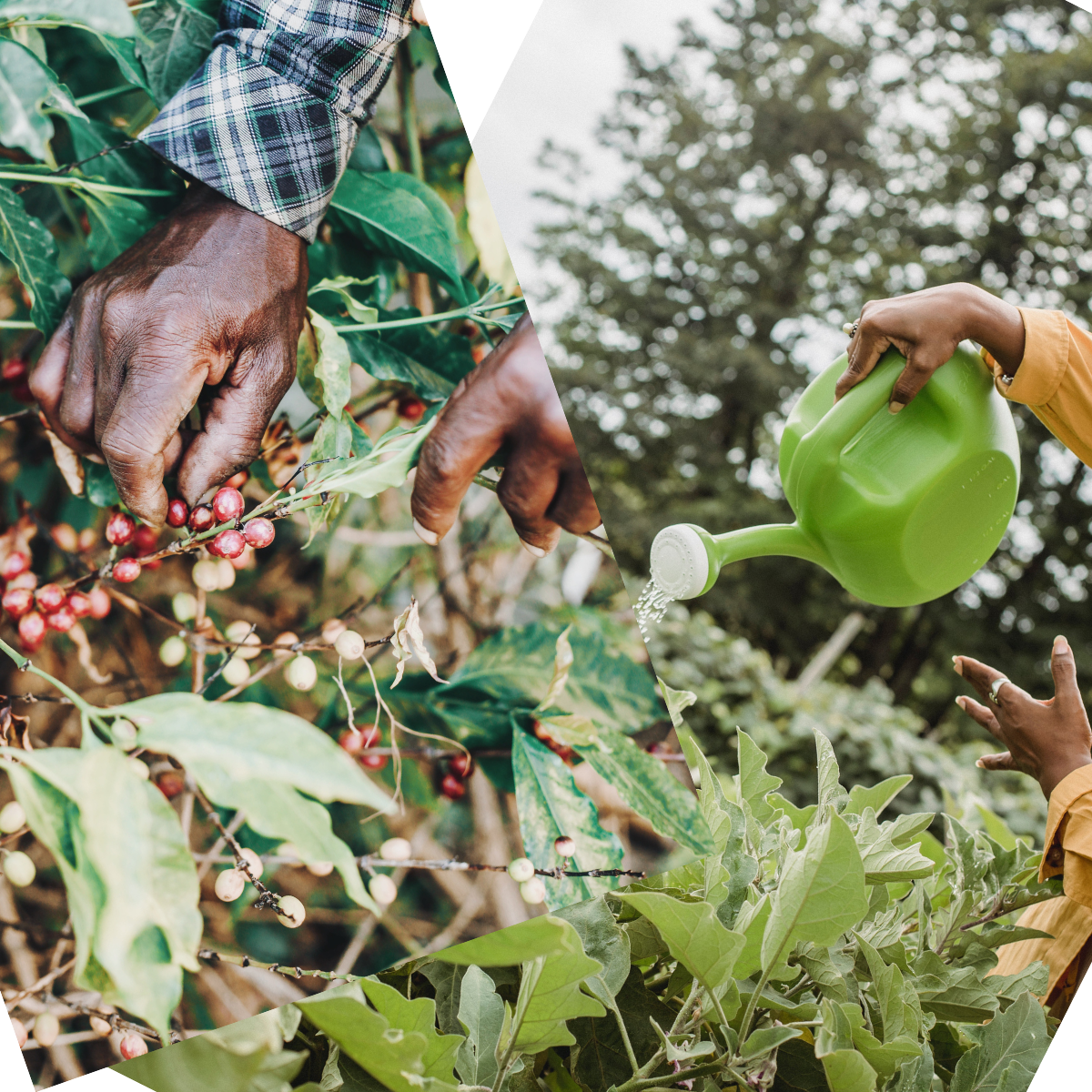
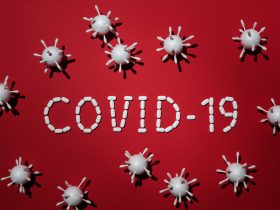
Leave a Reply